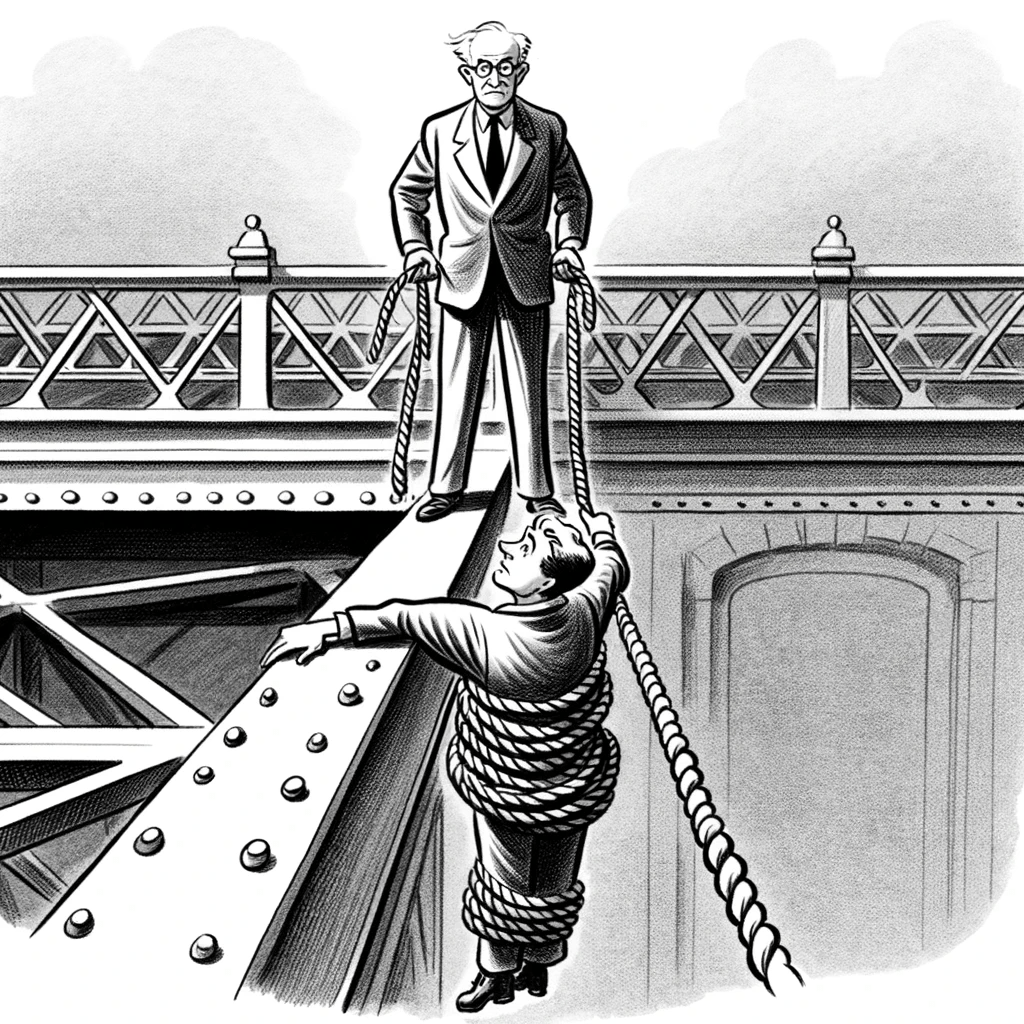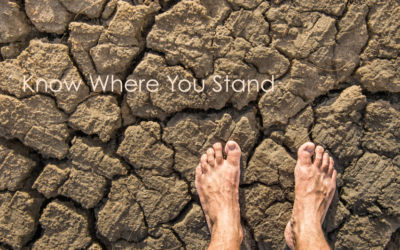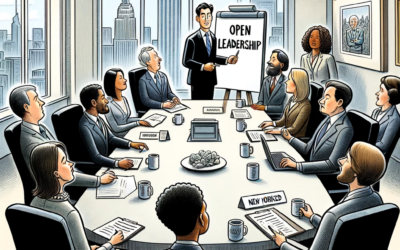
The Bridge Metaphor
- by Edwin Friedman
There was a man who had given much thought to what he wanted from life. He had experienced many setbacks and trials. He had experimented with different ways of living, and he had his share of both success and failure. At last, he began to see clearly where he wanted to go. Diligently, he searched for the right opportunity. Sometimes he came close, only to be pushed away. Often, he applied his strength and imagination only to find the path hopelessly blocked. And then it came to him. But the opportunity would not wait. If it were perceived that he was not committed, the opportunity would not come again. Eager to arrive, he started his journey. With each step, he wanted to move faster; with each thought about his goal, his heart beat quicker; with each vision of what lay ahead, he found renewed vigor. Strength that had left him long ago had now returned, and desires, all kinds of desires, awakened from their long-dormant positions. Hurrying along, he came upon a bridge that crossed through the middle of a town. It had been built high above a river to protect it from the floods of the melting winter snow.
He started across. Then he noticed someone coming from the opposite direction. As they moved closer, it seemed as though the other person was coming to greet him. He could see clearly, however, that he did not know this person, who was dressed similarly except for something tied around his waist.
When they were within speaking distance, he could see that what the other had around his waist was a rope. It was wrapped around him many times and probably, if extended, would reach 30 feet.
The other began to uncurl the rope. Just as they were coming close to one another, the stranger said, “Pardon me, would you be so kind to hold the end of my rope for a moment?”
Surprised by this politely phrased, but curious request, he agreed, reached out and took it.
“Thank you,” said the other, who handed it over, “two hands now, and remember, hold tight.” Then, the other jumped off the bridge.
Quickly, the free-falling body plunged the distance of the rope’s length, and from the bridge the man felt the pull. Instinctively, he held tight and was almost pulled over the side. He managed to brace himself against the edge, however, and after catching his breath, looked down at the other dangling, close to oblivion.
“What are you trying to do?” he yelled.
“Just hold tight,” said the other.
“This is ridiculous,” the man thought and began trying to haul up the other to the top of the bridge. He could not get the leverage, however. It was as though the weight of the other person and the length of the rope had been carefully calculated in advance so that together they created the perfect counterweight just beyond his strength to bring the other to safety.
“Why did you do this?” the man called out.
“Remember,” said the other, “if you let go, I will be lost.”
“But I can’t pull you up,” the man cried.
“I am your responsibility,” said the other.
“Well, I didn’t ask for it,” the man replied.
“If you let go, I will be lost,” repeated the other.
He began to look around for help. But there was no one. How long would he have to wait? Why did this have to happen now, just as he was on the verge of success? He examined the side of the bridge, searching for a place to tie the rope, some protrusion, perhaps, or maybe a hole in one of the boards. But the railing was unusually uniform in shape and there were no spaces between the boards. There was no way to get rid of this newfound burden, even temporarily.
“What do you want?” he asked the other hanging below.
“Just your help,” the other answered.
“How can I help? I cannot pull you in, and there is no place to tie the rope so I can go and find someone to help me help you.”
“I know that. Just hang on; that will be enough. Tie the rope around your waist; it will be easier.”
Fearing that his arms could not hold out much longer, he tied the rope around his waist.
“Why did you do this,” he asked again. “Don’t you see what you have done? What possible purpose could you have in mind?”
“Just remember,” said the other, “my life is in your hands.”
What should he do? “If I let go, all my life I will know that I let this other die. If I stay, I risk losing my momentum toward my dream. Either way, it will haunt me forever.” With ironic humor he thought about dying himself by jumping off the bridge, too. “That would teach this fool.” But he wanted to live and live life fully. “What a choice I have to make,” he said to himself.
A thought occurred to him. While he could not pull up the other solely by his own efforts, if the other would shorten the rope from his end by curling it around his waist over and over, together they could do it. Actually the other could do it by himself, so long as he, standing on the bridge, kept it still and steady.
“Now listen,” he shouted down. “I think I know how to save you.” He explained his plan.
But the other wasn’t interested.
“You mean you won’t help? But I told you I can’t pull you up myself, and I don’t think I can hang on much longer either.”
“You must try,” the other shouted back in tears. “If you fail, I will die.”
The point of decision arrived. What should he do? “My life or his?” And then a new idea, A revelation. So new, in fact, it seemed sacrilegious, so alien to his traditional way of thinking.
“I want you to listen carefully,” he said, “because I mean what I’m about to say. I will not accept the position of choice for your life, only for my own; the position of choice for your own life I hereby give back to you.”
“What do you mean?” the other said, afraid.
“I mean, simply, it’s up to you. You decide which way this ends. I will become the counterweight. You do the pulling and bring yourself up. I will even tug a little from here.” He began unwinding the rope from around his waist and braced himself against the side of the bridge.
“You cannot mean what you say,” the other shrieked. “You would not be so selfish. I am your responsibility. What could be so important that you let someone die? Do not do this to me.”
He waited a moment. There was no change in the tension of the rope.
“I accept your choice,” he said, and freed his hands.



